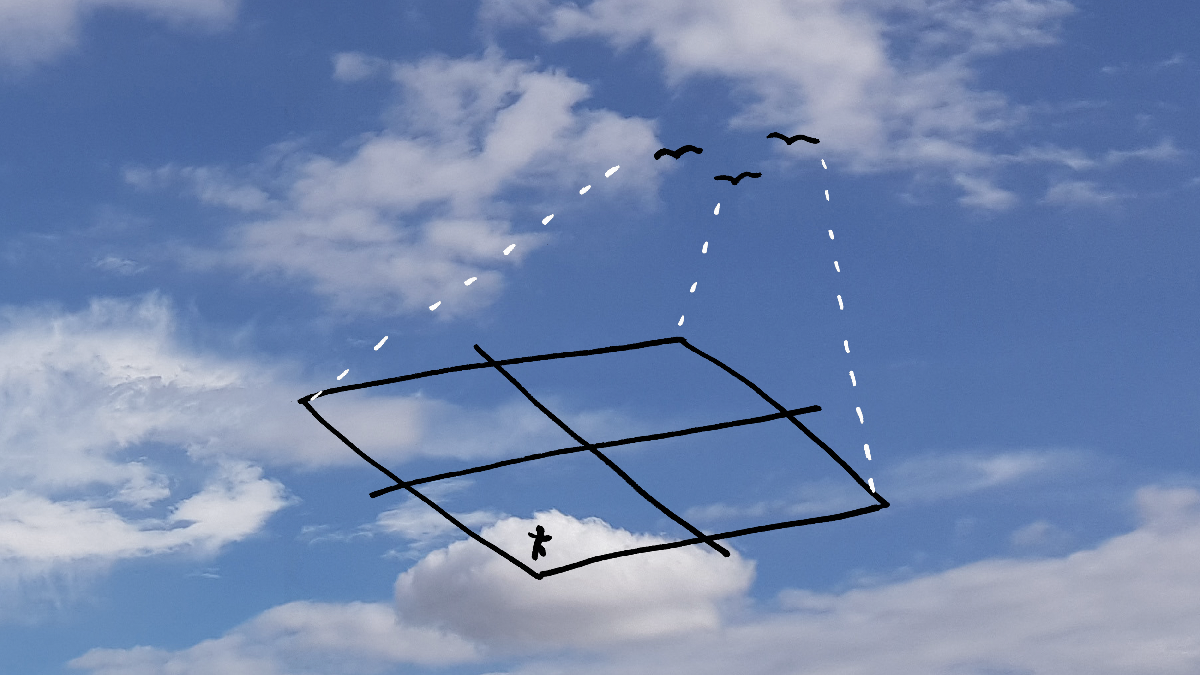Sublime
An inspiration engine for ideas
Bentoism
bentoism.org
john vervaeke
Michael Dean • 3 cards
Thus the great concern of the Mahayana is the provision of “skillful means” (upaya) for making nirvana accessible to every type of mentality.
Alan W. Watts • The Way of Zen
in Zen, and in other schools of the Mahayana, it is often taken in a more figurative way, as that the process of rebirth is from moment to moment, so that one is being reborn so long as one identifies himself with a continuing ego which reincarnates itself afresh at each moment of time. Thus the validity and interest of the doctrine does not requir
... See moreAlan W. Watts • The Way of Zen
Marc, a San Francisco ophthalmologist, was the first person to ever describe himself to me as a JUBU—a Jewish Buddhist. I’ve since learned that he is one among many, in a long line that goes back at least one hundred years.
Rodger Kamenetz • The Jew in the Lotus
For example, Master Linji invented the term the “businessless person,” the person who has nothing to do and nowhere to go. This was his ideal example of what a person could be. In Theravada Buddhism, the ideal person was the arhat, someone who practiced to attain enlightenment. In Mahayana Buddhism, the ideal person was the bodhisattva, a compassio
... See moreThich Nhat Hanh • Zen Battles: Modern Commentary on the Teachings of Master Linji
Rawls and Heidi simply assume that there is some “unencumbered self,” as political philosopher Michael Sandel puts it,2 independent of and prior to the affiliations that constitute my identity, and that we can somehow imagine the preferences of these unencumbered selves as they organize themselves politically. But, in fact, we only have preferences
... See moreMoshe Koppel • Judaism Straight Up: Why Real Religion Endures
tzu-jan, or “of-itself-so.”
Alan Watts • What Is Tao?
always leads his disciple back to the two teachings that underlie this sutra: the “nothing but mind” of Yogacara and the “self–realization” of Zen.